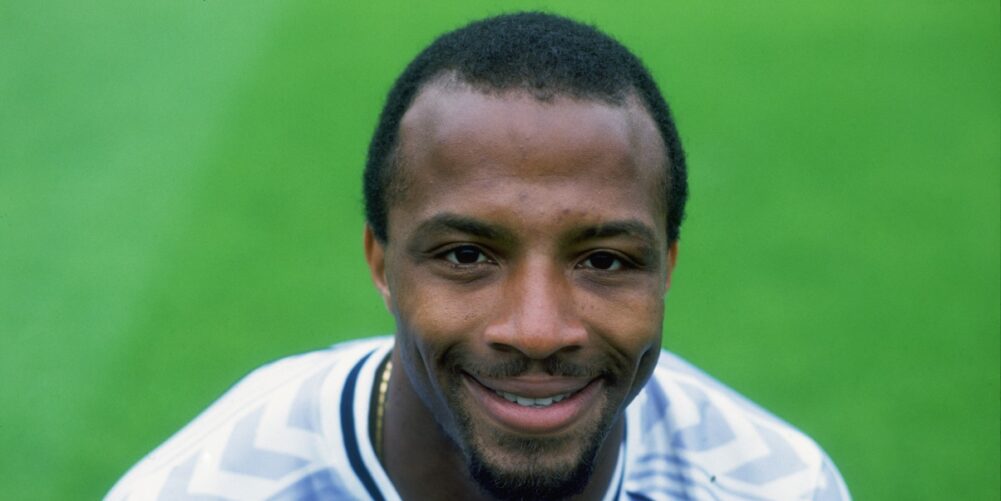By Richard Edwards
MANY of England’s most esteemed black footballers were queuing up this week to praise the influence of Cyrille Regis, who died of a heart attack at the age of just 59 last Sunday.
But that influence spread far beyond the football pitches of the Midlands and Wembley.
Roland Butcher was at home in Barbados when he heard the news of Regis’s passing. The pair were good friends and were widely and rightly recognised as sporting pioneers in the late 1970s and early ’80s.
While Regis was the third black footballer to represent his country – following in the footsteps of Viv Anderson and Laurie Cunningham – Butcher was the first black cricketer to be handed an England cap, when he walked out at the Kensington Oval in Barbados for Ian Botham’s side in March 1981.
Although the pair played different sports, Butcher is in no doubt that without sportsmen like Regis, then that break-through might have come far later. “As a young black man growing up in England in the 1970s, you would watch players like Cyrille and really look up to him,” he says. “They showed a generation of young black kids what was possible.
“To see them break into a difficult game like football was incredible. Those guys had to put up with a huge amount. It was almost always rougher for the footballers than it was for the cricketers.
“Football in England is so tribal, those guys would really run the gauntlet. They had to be very strong people. My cousin was George Parris, who played for West Ham, so we would talk a lot about the kind of abuse that he would get from the terraces.
“Cricket attracts a very different audience, an older audience generally, so although we would get the odd remark it was nothing compared to the kind of hostility that Cyrille had to put up with. Players like Cyrille and Laurie were icons for black kids in the inner-cities everywhere, myself included.”
Regis was sent a bullet in the post following his England call-up under Ron Greenwood, a memento that he kept for the rest of his life.

And the realities of being a footballer in the 1970s were once again been reprised last week after his death.
“We’d get off the coach at away matches and the National Front would be right there in your face,” said Brendon Batson, in a book entitled The Three Degrees, published in 2014.
“In those days, we didn’t have security and we’d have to run the gauntlet. We’d get to the players’ entrance and there’d be spit on my jacket or Cyrille’s shirt. It was a sign of the times. I don’t recall making a big hue and cry about it. We coped. It wasn’t a new phenomenon to us.”
Cunningham, Batson, and Regis would soon become role models, not only for their football ability but also for their willingness to ignore the bigots and focus on what it was they did best. The fact is that Butcher had to look to football for inspiration as a youngster as there were so few black cricketers performing in the county game.
“I came through at the same time as the likes of Wilf Slack and Monte Lynch at Surrey,” he says. “Before that there were hardly any black cricketers in the county game.
“I remember when Viv became the first black footballer to play for England and the pride I felt when he made his debut. These guys changed English sport forever. They were pioneers in every sense.”















